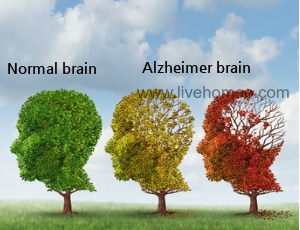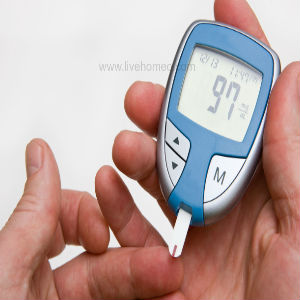Moderate amount of sun provides many health benefits and is a natural way to get vitamin D. Exposure to sun reduces hypertension, improves immunity, natural healing of the body, useful for skin, hair and also in children sunlight plays a crucial role in growth and development. It lifts mood and treats depression. Sunlight naturally treats jaundice.
Sunlight is the energy and light that comes from sun. It is the radiation and heat from the sun in form of infrared, visible and ultraviolet light. Without sunlight we can’t think of life as it gives energy to the plants to grow which provides oxygen and food for many species on earth including animals, human beings, birds, insects and many more. Plants use sunlight in the process of photosynthesis. Our body use ultraviolet light from sunlight i.e. exposure to sun light to make vitamin D. Vitamin D is important for healthy bones, cell growth and other body functions. Without light and heat from sun earth could only be a lifeless cold planet.

Definition of Sunrays :
Sunrays are rays of light from the sun. Rays of light indicates narrow beams of light.
Which Time is Good to Absorb the Sunlight ?
Now a day’s many people are suffering from vitamin D deficiency and facing many health problems as vitamin D is very important for healthy bones, for immunity and for brain development. Every individual has a doubt and debate about the timing one should go out in the sun as exposure to sunlight is crucial to raise the vitamin D levels.
Some doctors advise to sit or get exposed to early morning sun i.e. before 11am and evenings i.e. after 4pm when sunlight or sun rays are mild. Avoid exposure to mid day sun when it is too hot as ultraviolet light or rays can cause sunburn and skin cancer.
Whereas some experts say our skin produces more vitamin D, if we expose it during the middle of the day i.e. between 10 am to 3 pm because in the early morning and late afternoon the sun rays are more oblique and get absorbed by the ozone layer and your body don’t make vitamin D.
Health Benefits of Sunlight :
Too much exposure to sun may cause some skin problems whereas right balance can give lots of health benefits. Here are important health benefits of moderate sun exposure
Lowers blood pressure– our body release nitric oxide when we get exposed to sun which helps to control the BP.
Treats skin disorders– skin exposure to sun can treat several skin disorders like psoriasis, eczema, jaundice, acne and other fungal infections.
Boosts growth in children– several studies says that exposing children to mild sun as direct effects on how tall the children grow. As exposure to sun boost growth and height in children.
Improves bone health– our body produce vitamin D when exposed to sun, it stimulate the absorption of bone strengthening calcium. Vitamin D reduces risk of bone diseases and fractures.
Good for hair– we get vitamin D from sunlight which is useful for hair, it stimulates hair growth and treat hair loss.
Exposure to sunlight lowers cholesterol, control risk of cancer, improves sleep quality, brain function, improves metabolism and treat macular degeneration.

















